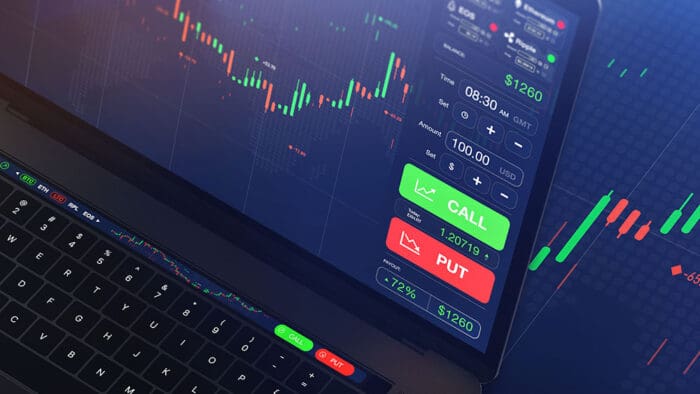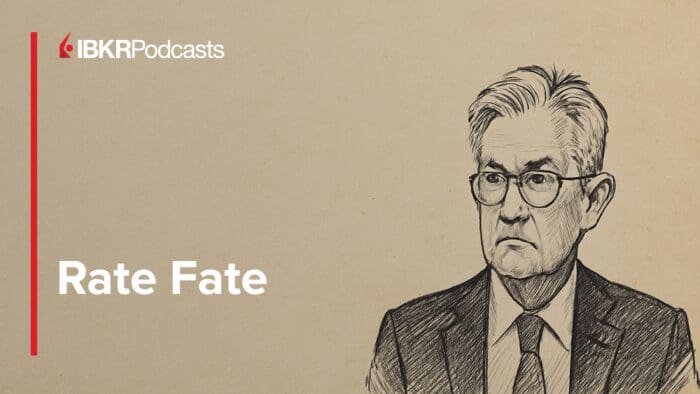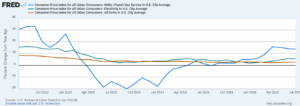Last week was a spectacular one. After the S&P 500 (SPX) kicked it off with a -2.4% drop on Monday, four successive rallies saw the index close the week +4.6% higher. That was a stellar turnaround! There was no shortage of chatter about retail overwhelming the “smart money” to push stocks higher. But I think it’s become unfair for market pundits to use that reductive terminology.
Certainly, individual investors were net buyers as the markets sank earlier this month. There is also no shortage of evidence that foreigners were selling US assets. Thus, in the short-term, who was “smart” and who was “dumb”? That too is simplistic, however. Investors can and do have different motivations, mandates, timeframes, and risk tolerances.
A global asset allocator, particularly one based outside the US, could have easily decided that they wanted to lighten their long-term exposure to US assets. Many have been overweight, which has generally worked to their benefit, and are taking profits while repatriating capital. Even if the exact timing might be incorrect, that hardly disqualifies them as smart money. Conversely, an individual investor who actively trades his account, who spots opportunities while carefully monitoring risk tolerances and levels, is by no means dumb money. That sounds quite intelligent, frankly. Neither has a monopoly on being right or wrong, or “smart” or “dumb”, especially when considering their potentially divergent approaches to investment success.
I have become a big fan of the term “protail”, which I think defines much of Interactive Brokers’ customer base. The Cboe’s Henry Schwartz, a friend of mine, coined the term after noticing how many individual accounts trade options regularly, consistently, and intelligently. They might not be institutions, per se, but they approach markets with a similar mentality. I think of two other friends (IBKR clients, btw) who very specifically fit this mentality. One is a college friend in Denver who has made a living for years by utilizing options strategically, another trades actively in (early) retirement managing a multi-billion dollar bond portfolio. They may be individuals, but they are by no means “dumb money.” “Protail” is a much more apt description of these individual investors and so many more like them.
Yet there is a key differentiating factor between many individual and institutional investors. Many have vastly different histories. Decision makers at institutional accounts tend to have several years of experience. One typically doesn’t get to manage significant amounts of other peoples’ money without a track record. Meanwhile, millions of people became investors in the five years since Covid. Among the latter group, they have benefitted from a remarkable investment climate. The immediate post-Covid period saw the most massive monetary expansion in history, which propelled stocks and a wide range of other assets from washed out levels to all-time highs. Over the longer term, that has not always been the case, and investors of all types with a longer set of market experiences recognize that.
Sure, smart people do dumb things and vice versa. But it is incorrect to characterize one class of investors differently than another simply because of their size, or even their experience level. Assigning market performance to one group or another in that manner is incorrect.
—
Originally Posted on April 28, 2025
Disclosure: Interactive Brokers
The analysis in this material is provided for information only and is not and should not be construed as an offer to sell or the solicitation of an offer to buy any security. To the extent that this material discusses general market activity, industry or sector trends or other broad-based economic or political conditions, it should not be construed as research or investment advice. To the extent that it includes references to specific securities, commodities, currencies, or other instruments, those references do not constitute a recommendation by IBKR to buy, sell or hold such investments. This material does not and is not intended to take into account the particular financial conditions, investment objectives or requirements of individual customers. Before acting on this material, you should consider whether it is suitable for your particular circumstances and, as necessary, seek professional advice.
The views and opinions expressed herein are those of the author and do not necessarily reflect the views of Interactive Brokers, its affiliates, or its employees.
Disclosure: Options Trading
Options involve risk and are not suitable for all investors. For information on the uses and risks of options read the "Characteristics and Risks of Standardized Options" also known as the options disclosure document (ODD). Multiple leg strategies, including spreads, will incur multiple transaction costs.
Disclosure: Bonds
As with all investments, your capital is at risk.


















Join The Conversation
If you have a general question, it may already be covered in our FAQs page. go to: IBKR Ireland FAQs or IBKR U.K. FAQs. If you have an account-specific question or concern, please reach out to Client Services: IBKR Ireland or IBKR U.K..
Visit IBKR U.K. Open an IBKR U.K. Account